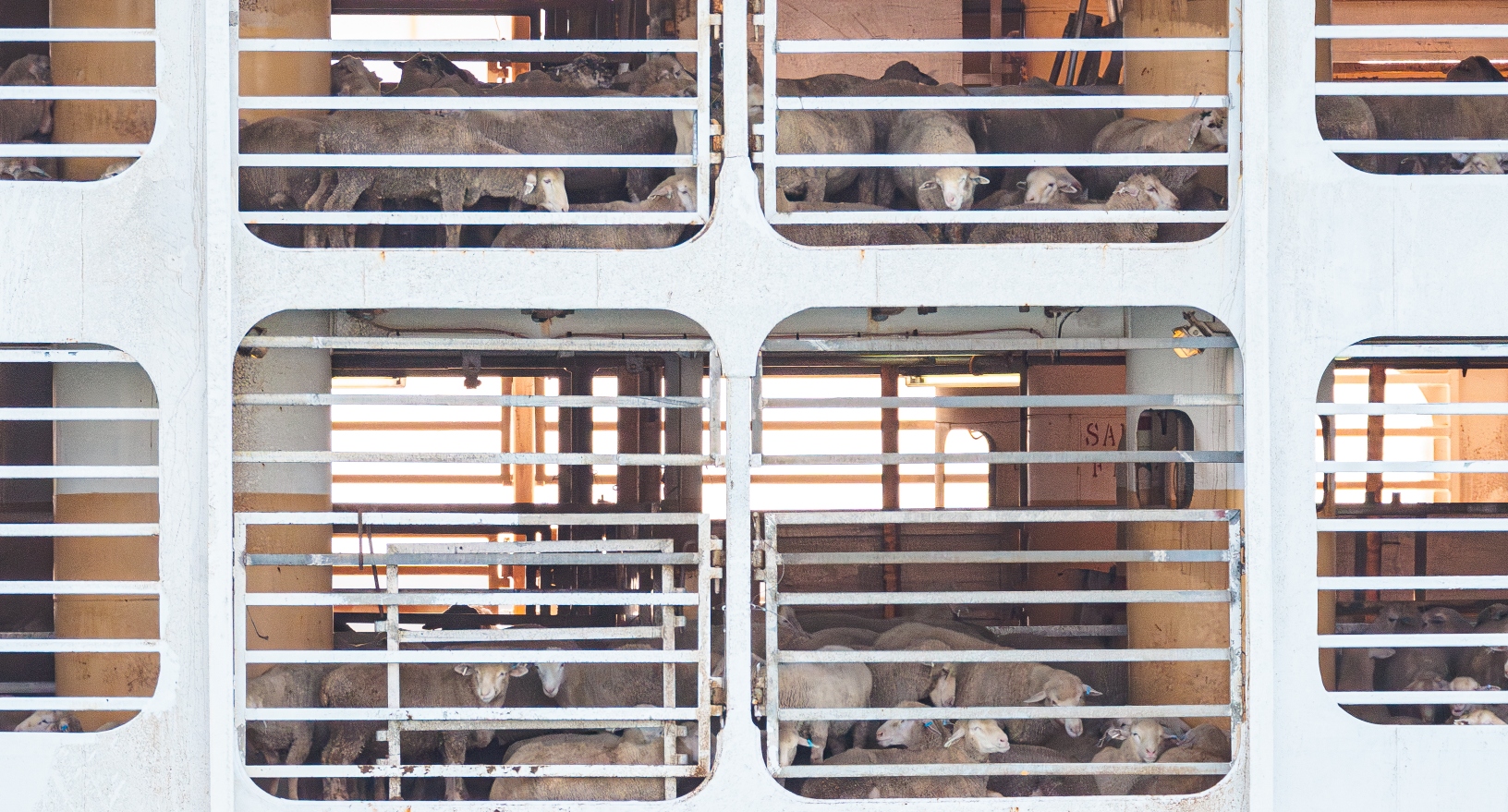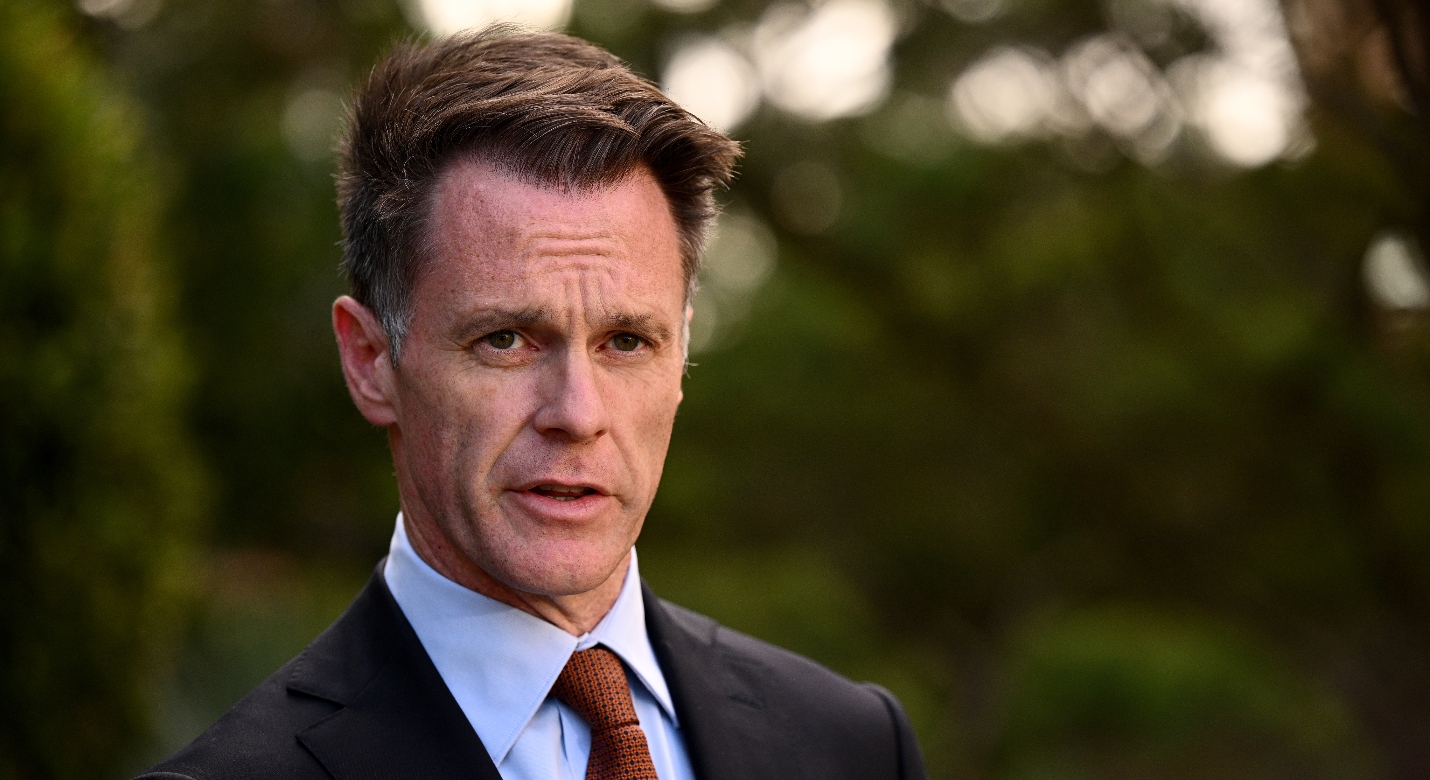
Snap protest against live export trade to take place outside Albanese’s office

by GRACE JOHNSON
A snap protest is set to take place tomorrow outside Prime Minister Anthony Albanese’s electoral office in Marrickville to call on him to listen to rising opposition to the live export trade.
An increasing number of Australians are opposing the live export trade, with 2 in 3 against the cruel practice, according to a poll conducted in January 2022.
The protest, organised by the Animal Justice Party, will take place this Saturday 17th February, from 11am-1:30pm.
Hon. MP Emma Hurst MLC said, “The live export industry refuses to listen to the majority of Australians who want this cruel trade to end, and continues to treat animals as cargo. The live exportation of any animal is cruel and unjustifiable.”
“We’re calling on the Albanese government to listen to the overwhelming voices of the community and act now on their election commitment to end the live sheep trade.”
The Bahijah crisis, which has remained unresolved, should be a wake-up call for the government, she added.
16,000 sheep and cattle were stranded on livestock ship MV Bahijah after an application to send the animals to the Middle East was knocked back. The animals had already been onboard over a month after the ship was ordered to turn back from its journey to Israel.
The animals may be re-exported soon for the Middle East via Africa, meaning they’ll have to spend another month at sea.
The incident has shone a spotlight on inhumane treatment of animals in the live export industry.
Prime Minister Albanese had promised during his 2022 election campaign that the live sheep trade by sea would be phased out in his term, but no end date has been confirmed.
Animals in the live export trade are subjected to extremely hot temperatures, more than they can physiologically handle, poor handling conditions, and stocking densities that prevent them from lying down.
Because they are confined to pens in which they eat, sleep, urinate and defecate, animals are exposed to diseases and high levels of ammonia resulting from urine and faeces.
Once they have arrived at their destination, animals may have to face extremely hot temperatures for weeks without shade and little access to food and water.
Finally, they are often subjected to slaughtering practices that do not meet Australian standards, which cannot be forced overseas.
Pre-slaughter stunning is not mandatory in the Middle East.









